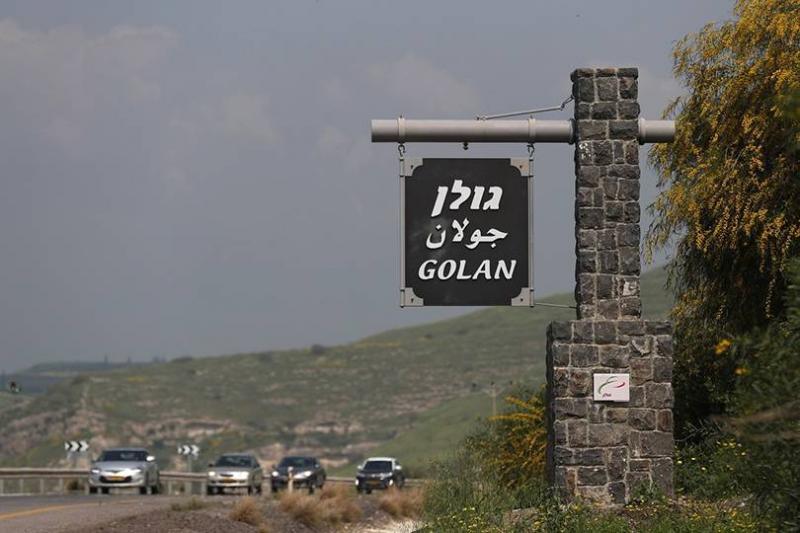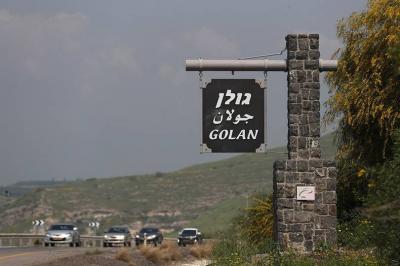The Syrian capital, Damascus, remains indifferent amid the rapid developments occurring in the region following the Majdal Shams incident in the occupied Syrian Golan, and the subsequent Israeli reactions, including the assassination of Ismail Haniyeh in Tehran and Fouad Shukr, the second-in-command of Hezbollah, in an Israeli airstrike targeting the southern suburbs of Beirut, along with the killing of several leaders of the Popular Mobilization Forces in Al-Jurf Al-Sakhr, following a US airstrike.
This official Syrian indifference coincides with a wave of threats from several leaders in the Axis of Resistance, emphasizing the necessity to respond to Israeli aggressions extending from Iran to Yemen, and reaching Iraq and Lebanon. While the region and the world anticipate the repercussions of the promised retaliation and its implications on various fronts, especially with Israel threatening not to hesitate in responding to any counteraction, the Syrian front shows no extraordinary measures worthy of the event, neither in terms of statements and positions nor in military mobilization.
Unlike the situation after the attack on the Iranian consulate in Damascus last April, no reinforcement of security or military units from the Iranian Revolutionary Guard has been reported from the central Syrian desert to the southern governorates, particularly Daraa and Quneitra, which share borders with the Israeli-occupied territories. Additionally, no military movements have leaked following the Majdal Shams incident, except for what was reported by the "Voice of the Capital" website last Friday, regarding alertness in air defense posts in southern and central Syria, following Israeli threats to target Hezbollah and Revolutionary Guard positions in Syria and Lebanon. Official statements have been limited to denunciations and condemnations without mentioning any retaliation or threats thereof.
The Syrian Observatory for Human Rights reported Thursday, citing reliable sources, that the command of the Syrian government forces has issued new orders to all military units stationed near the border with the occupied Golan, in Quneitra and the rural areas of Damascus and Daraa, prohibiting the use of any military sites to launch missile attacks or conduct movements toward the occupied Golan, in addition to keeping them out of any potential military confrontations.
The Golan Heights has always been considered a quiet front that all parties strive to keep free from escalation, including Israel, due to its legal and international status established after the October War in 1973, with the disengagement agreement being frequently violated since the outbreak of the Syrian crisis. Since 2018, Russia and the United States have made efforts to revive and enhance this status by restoring the deployment of international forces to halt fighting, known as "UNDOF," along the contact lines.
The report from the Syrian Observatory came just hours after its director, Rami Abdulrahman, confirmed in a television interview with Al-Hadath channel the existence of orders given to Iranian militias in the occupied Golan and its surroundings, as well as in Quneitra and Damascus, to be alert and declare full readiness.
Syrian political circles are circulating information indicating that there is a documented agreement among parties in the Axis of Resistance to consider the Syrian front as a land for support and supplies rather than a battlefield, suggesting that it is in the interest of all parties in the Axis of Resistance to maintain a certain degree of calm in Syrian territories, as it plays a crucial role in supplying arms and logistical support to the factions and militias of the axis spread across Lebanon and Iraq. Hassan Nasrallah, the Secretary-General of Hezbollah, previously confirmed this exceptional situation for Syria. Despite the contradiction this calm poses to the principle of "unity of the arenas," the justification for it is that supply operations are a vital artery for sustaining the combat activities of other fronts at this stage.
A Syrian source confirmed to Al-Nahar Al-Arabi that the Golan front is subject to international decisions and agreements, and that the Syrian leadership, in coordination with the Russian side, is working to adhere to the essence of these resolutions and agreements, including the agreement to keep Iranian militias away from the area. The outbreak of the Gaza war on October 7 did not affect the special status enjoyed by the Syrian Golan Heights, where this front remained quiet overall, except for occasional instances of rocket fire, which had no real impact on the ground. This reflects part of the neutral stance taken by Damascus regarding the Gaza war, in line with the advice of many Arab friends.
Conversely, last week witnessed renewed attempts by Iranian militias to target American bases deployed in eastern Syria. Many observers of the Syrian scene believe that the rockets fired by Iran toward the American bases carried messages more than they carried explosively effective warheads, indicating Iranian militias' readiness to respond, and potentially widen the scope of retaliation if circumstances necessitate.




